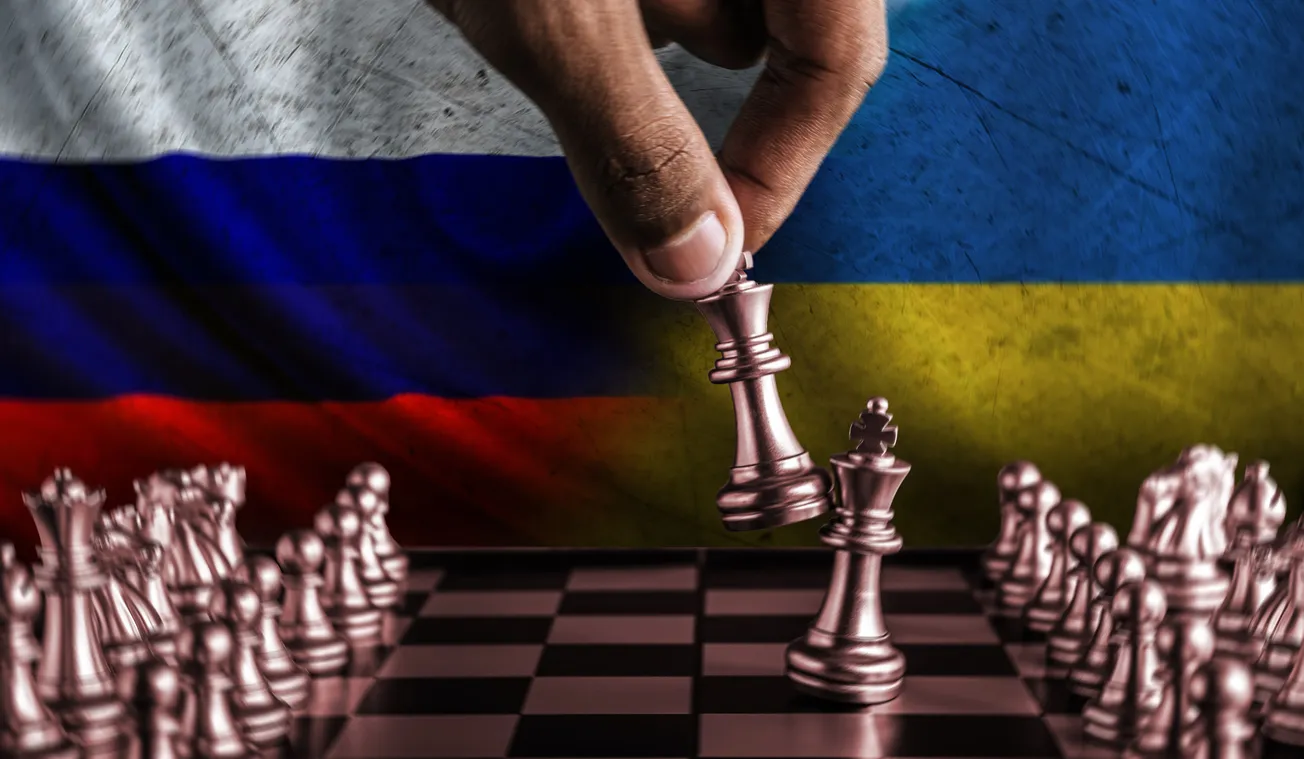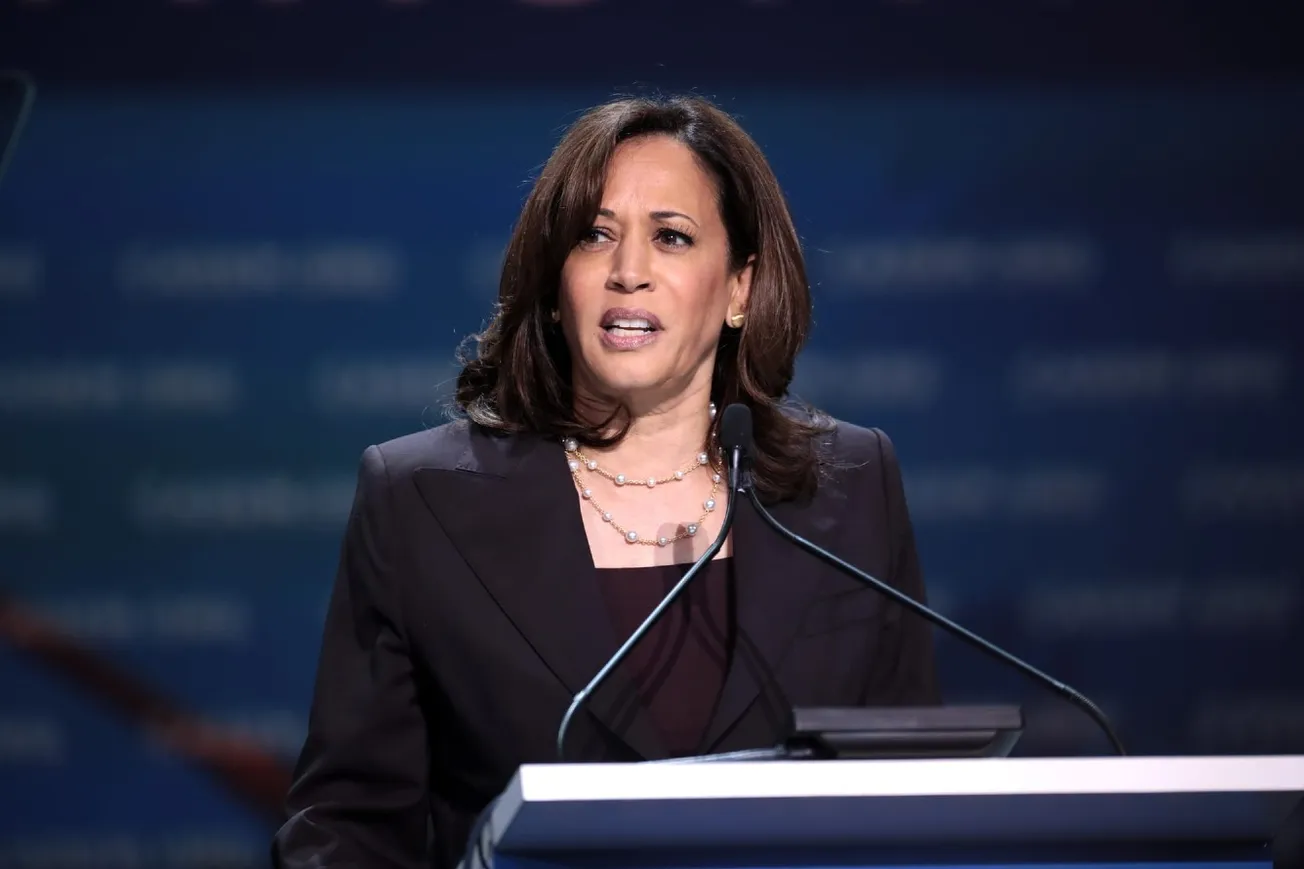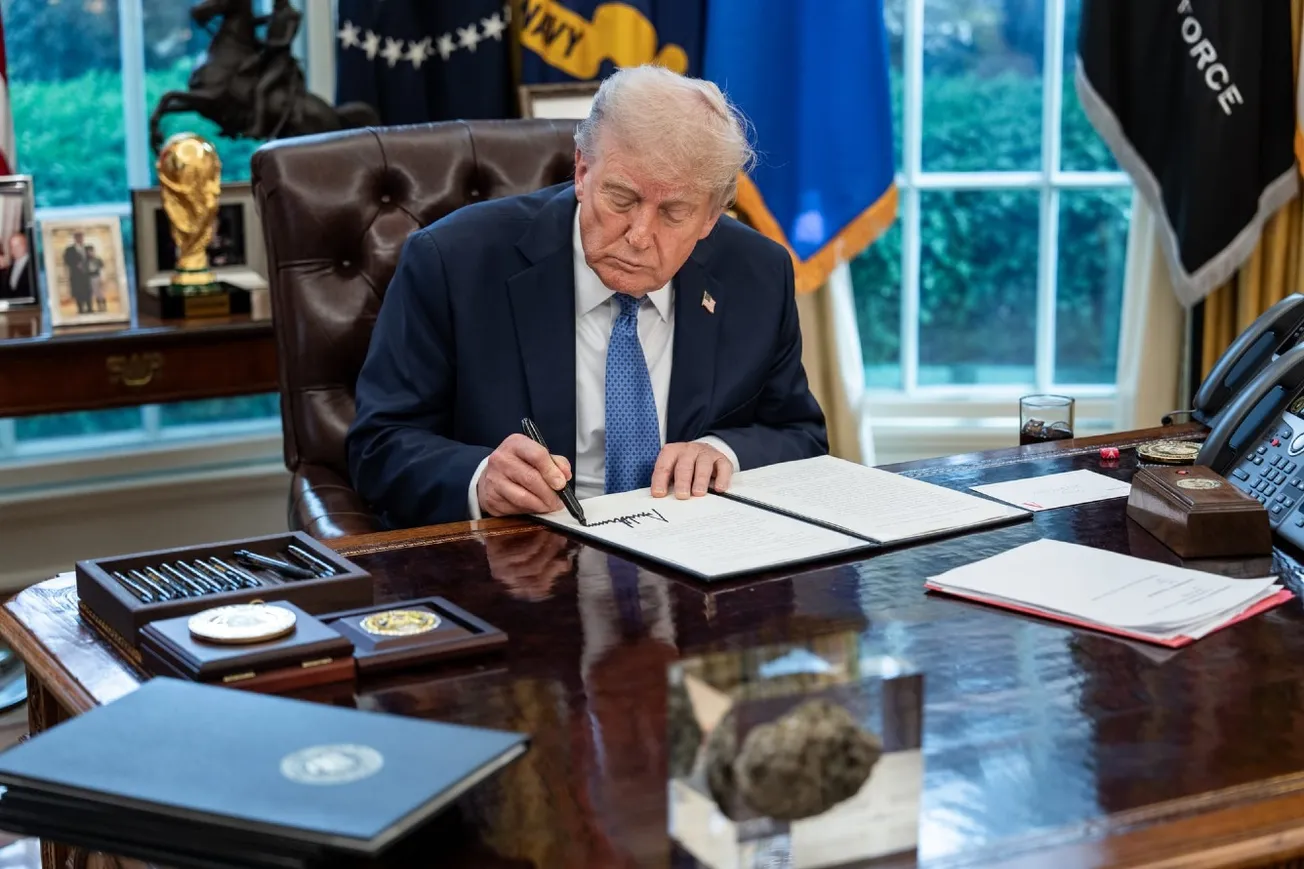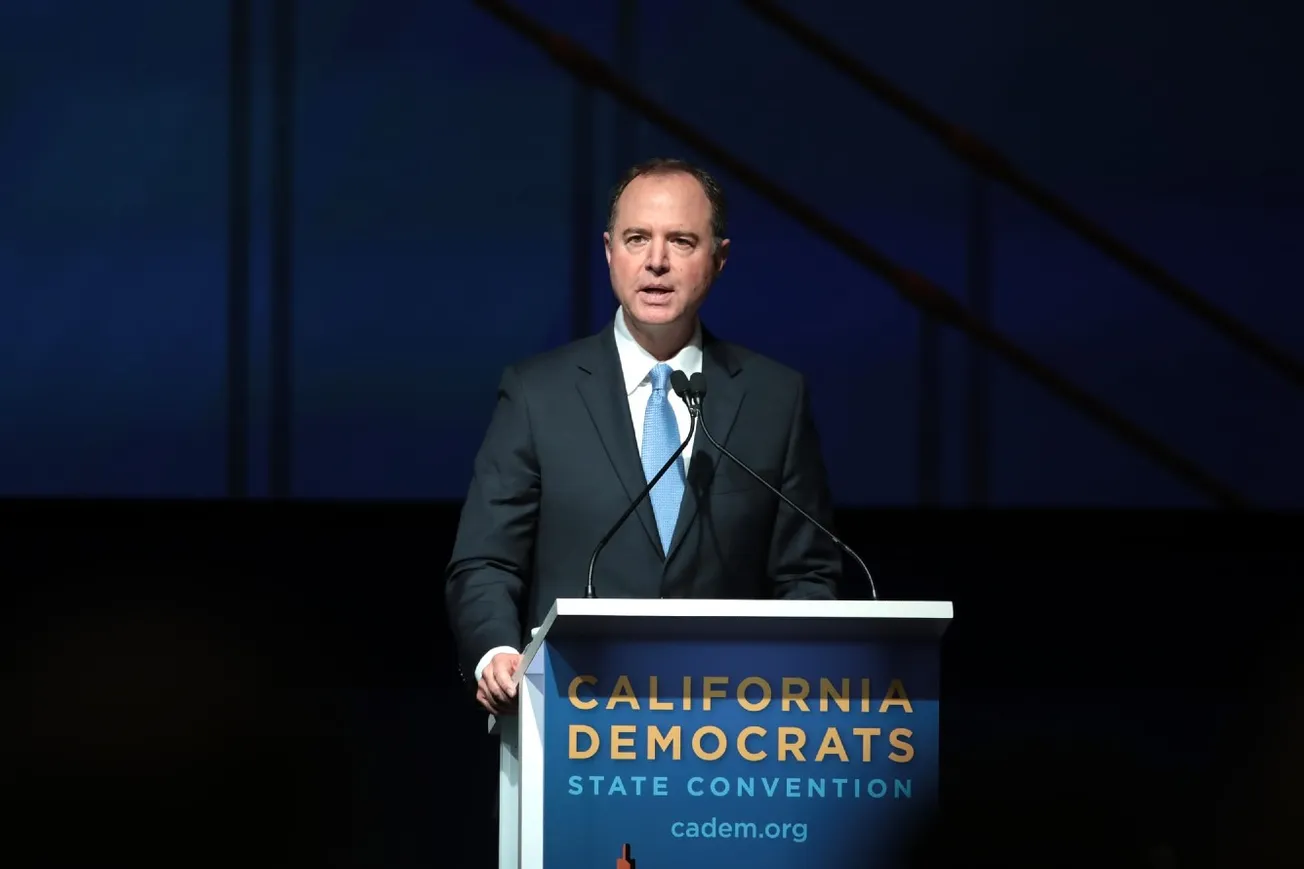"Wag the Dog" is a 1997 American political satire black comedy directed by Barry Levinson. The film stars Dustin Hoffman, Robert De Niro, and Anne Heche.
The movie's plot revolves around a scandal that threatens to destroy the reputation of the President of the United States just days before the presidential election. Merriam-Webster notes that the film popularized the phrase, giving it the additional meaning of "using unnecessary (often military) actions to distract from a domestic scandal." To divert public attention, the President's advisors concoct a fake war with Albania, and they enlist the help of a Hollywood producer (Hoffman) to manufacture a phony war hero and create a media spectacle.
As the story unfolds, the producer and his team create a fictional war narrative, complete with fabricated news footage, patriotic songs, and a fake hero named "Sergeant William Schumann." Meanwhile, the President's advisors struggle to maintain the illusion, dealing with unexpected complications and media scrutiny.
The film received critical acclaim, including two Academy Award nominations for Best Original Screenplay and Best Actor for Dustin Hoffman's performance.
Fast-forward to today, and the similarities are striking- except that rather than a fake war, the story is real. Another difference is that today's media doesn't scrutinize the White House unless Trump runs it.
In a dramatic escalation of NATO commitment to a non-NATO country, Secretary of State Tony Blinken met UK Foreign Secretary David Lammy in London for talks. There was nothing new there. But the two officials traveled jointly to Kyiv, a foreign capital, the first time such a visit had happened for generations.
At issue were intelligence reports that Iran had delivered ballistic missiles to Russia. The two officials met with President Zelenskyy to discuss whether the US and UK should grant Kyiv's request to use their long-range missiles against Russia. This could result in a significant increase in NATO resources being used against Russia. Launching such sophisticated weapons would require American satellite and guidance technology that Ukraine doesn't have.
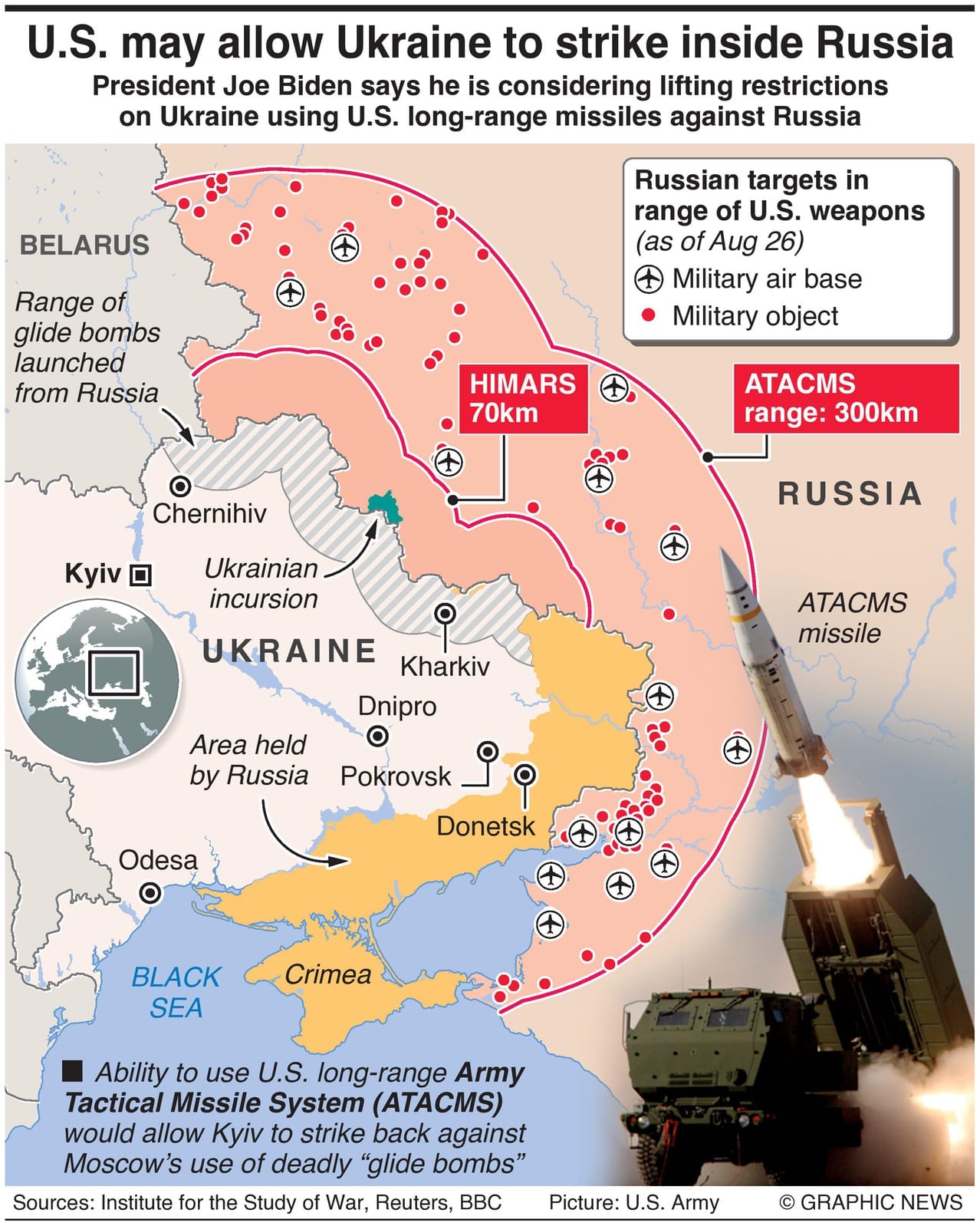
At a news conference on Wednesday in Kyiv, Blinken said:
We have now seen this action of Russia acquiring ballistic missiles from Iran, which will further empower their aggression in Ukraine. So if anyone is taking escalatory action, it would appear to be Mr. Putin and Russia.
Blinken also said that President Biden would discuss the matter of allowing Kyiv to use American weapons deep inside Russia with UK PM Starmer on Friday at the White House.
President Putin fired back, according to a Kremlin report. "This will mean that NATO countries — the United States and European countries — are at war with Russia ...and if this is the case, then, bearing in mind the change in the essence of the conflict, we will make appropriate decisions in response to the threats that will be posed to us." Wednesday represented the movie Wag the Dog's "unexpected complications" part.
There are so many things to unpack here.
Whatever Blinken and his colleague National Security Adviser Jake Sullivan have favored in American foreign policy decisions over the last three years has received rubber-stamp approval from Biden, so expect the President to do the same this time as well. Never mind that these two stalwarts have helped unite erstwhile allies into America's fold but have helped distance America from the future powers - China, India, and the countries of the Global South. Their legacy will be that they used the State Department as the front office of the Pentagon and abdicated peace efforts every time. Vice President Harris, who has little foreign policy knowledge and has continued to toe the NeoCon line, even during Tuesday's debate, is also likely to yield to Blinken.
However, the New York Times reported as we were going to press that Biden was likely to place some restrictions, such as requiring that the weapons used in Russia exclude arms provided by the United States. But more will be known after Biden and Starmer meet.
Countries at war represent a tennis match. After a player serves, every shot afterward differentiates them from the opponent, and every move is in response to the other. Determining who served first, that is, who is at fault in the Russia-Ukraine conflict, is complicated. Neocons correctly insist that Russia fired the first shots in February 2022. But realists, including us, say that Western powers meddled in Ukraine's internal affairs in 2014 to install a pro-Western leader and advance Ukraine's military alliances with the West, including NATO expansion across Russia's borders, stoking the conflict.
Last month, Ukraine became the first foreign power since Germany in World War II to enter Russia militarily. Ukraine continues to occupy over 500 square miles of territory in Kursk, an extraordinary action in world history. We wonder why Blinken didn't refer to that escalation as perhaps the cause of the present predicament.
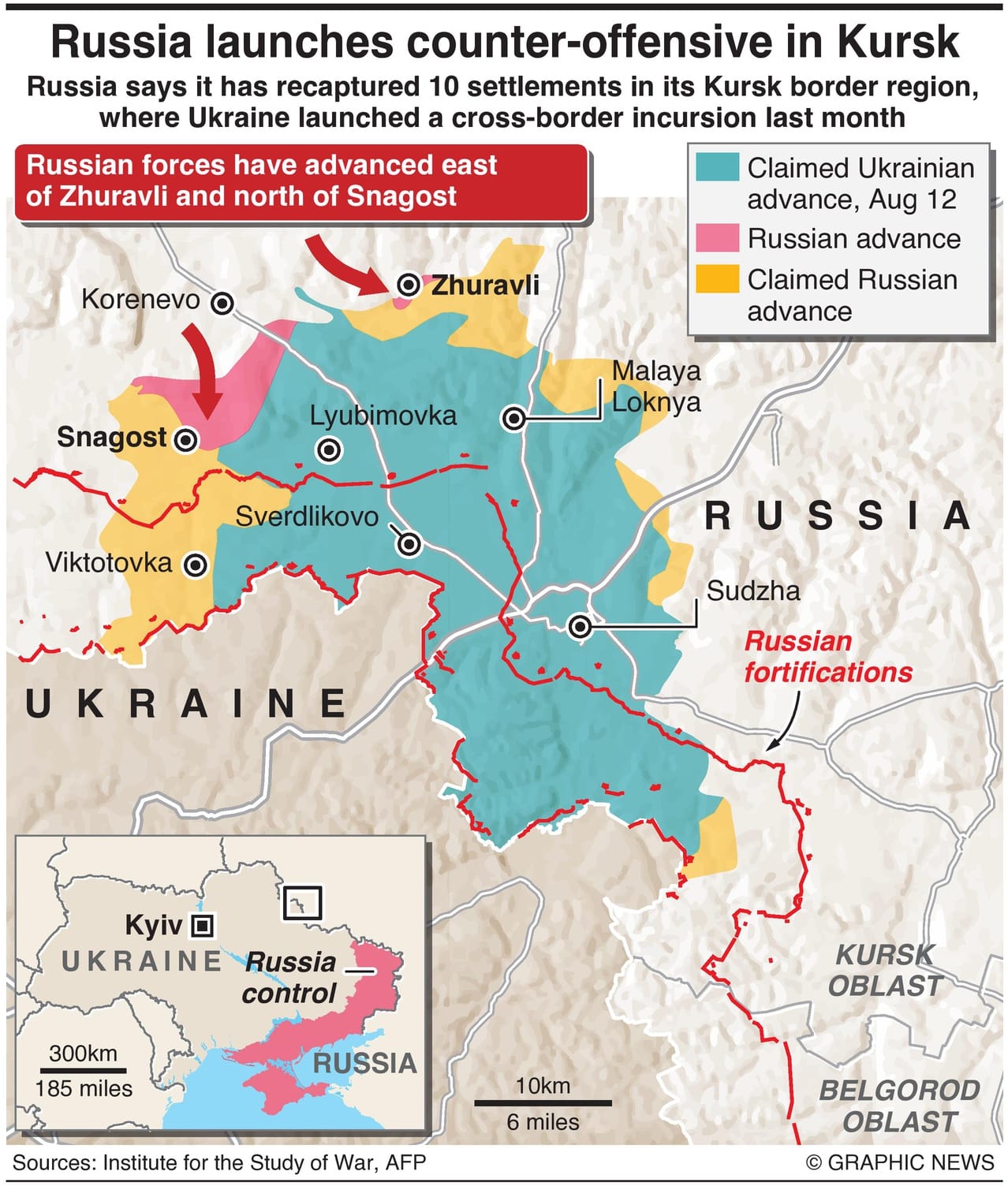
We have often said that Russia is in an existential crisis in this conflict. If it begins to lose because of NATO escalation, it is likely to respond with tactical nuclear weapons to stem its losses. Then, the United States will respond, like a tennis player, with its own tactical nuclear weapons. Ukraine has no nuclear arsenal. The back and forth could result in the world's first nuclear conflict between the Great Powers, with fewer than 60 days to go before America chooses its next president.
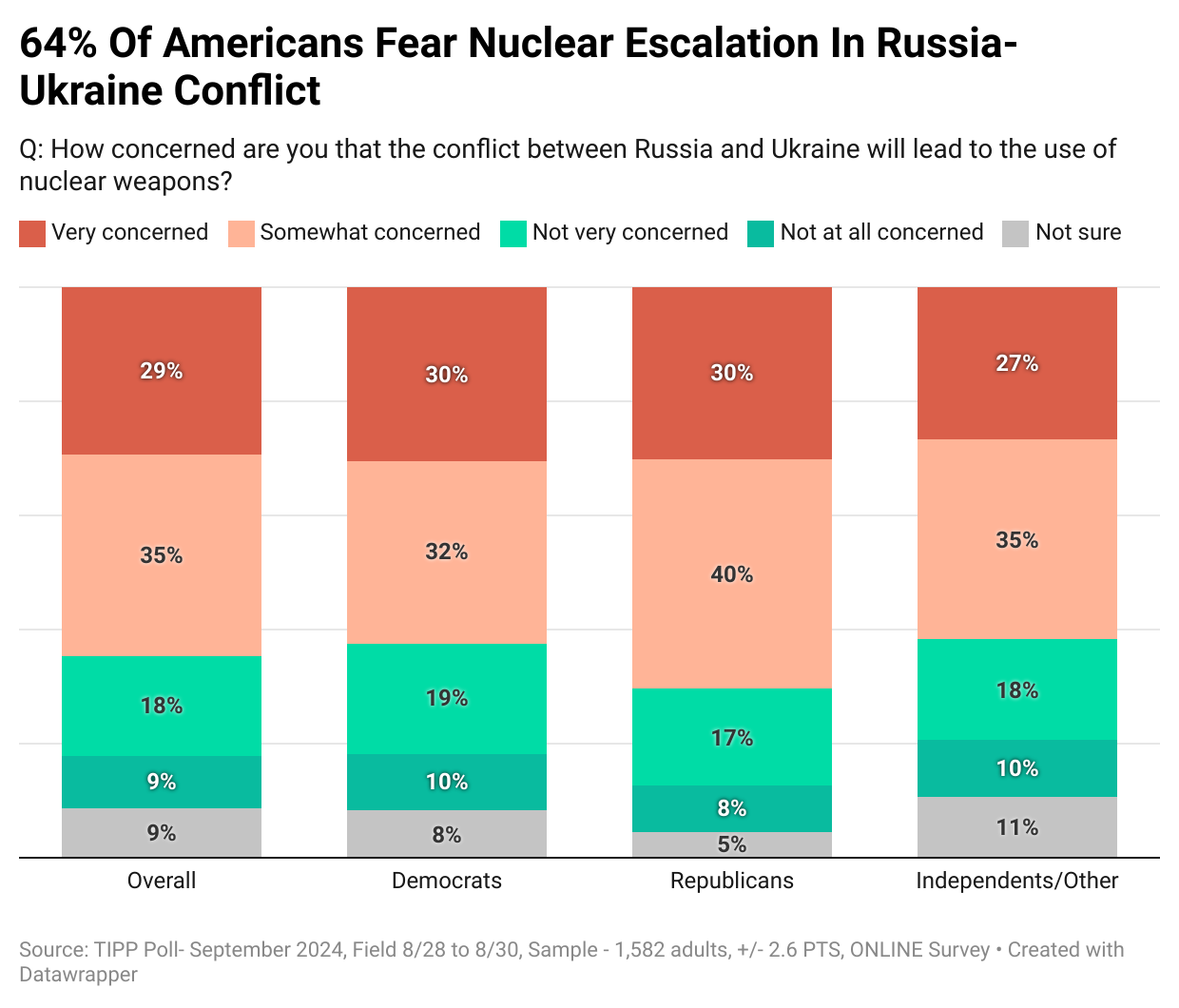
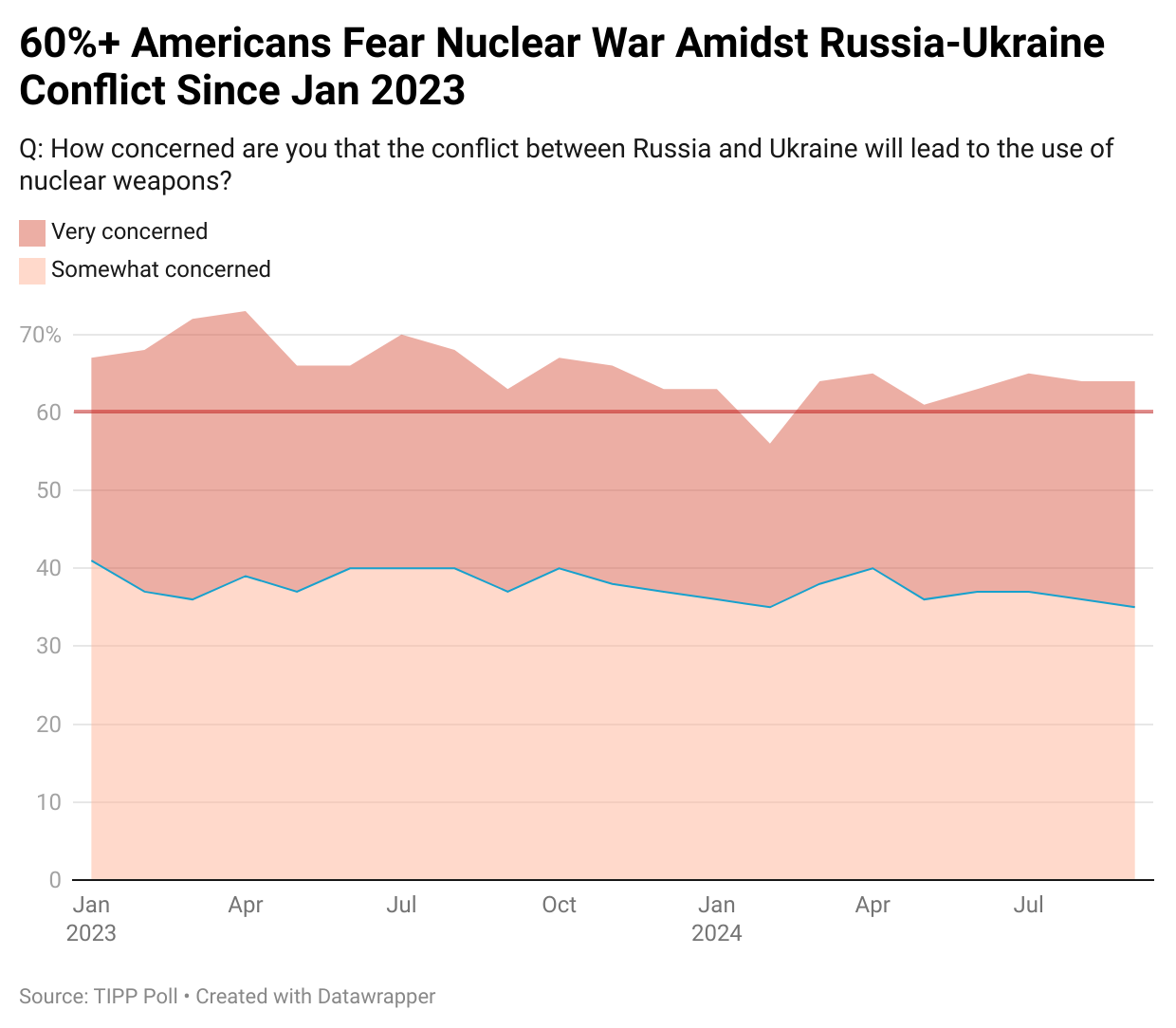
Former President Trump, who did not instigate any new wars during his presidency, has repeatedly said he would end the war in 24 hours by forcing a negotiated peace settlement.
Allowing Ukraine to use long-range Western arms in Russia would be like wagging the geopolitical dog to help American domestic politics. America is not directly involved in the Russia-Ukraine conflict, and Congress has not voted to authorize war. Blinken is attempting to create an emergency when one doesn't exist. True, Russia is acquiring ballistic missiles from Iran, but Moscow has a solid stockpile of missiles from its factories. Besides, Iran and North Korea supplying drones and artillery to Russia is old news, not paramount enough to change the conflict's trajectory.
The Department of Justice has a long-standing policy of not taking any action 60 days before an election. Similarly, President Biden should veto any Blinken proposal that results in potential NATO escalation and leave this critical decision to the next president. It would be the most statesmanlike decision of Biden's presidency.

